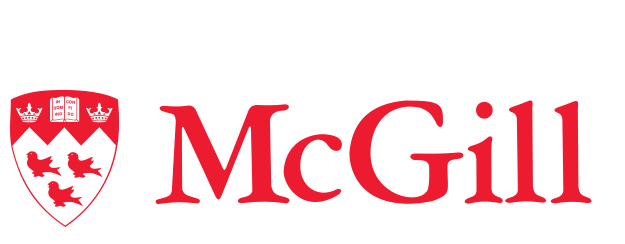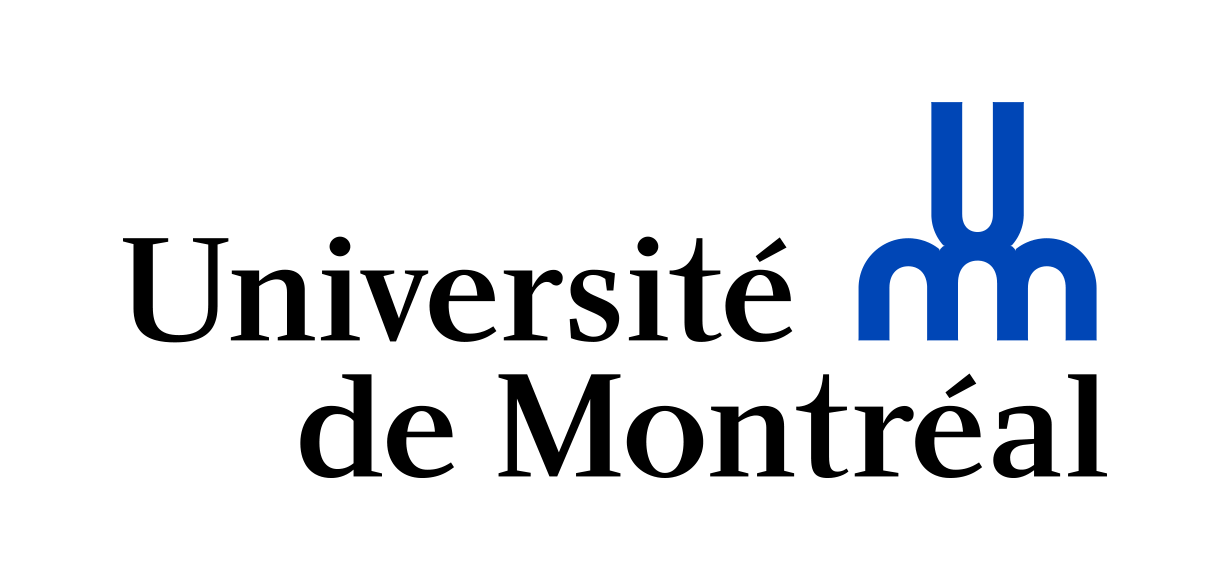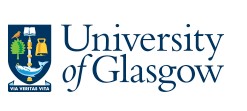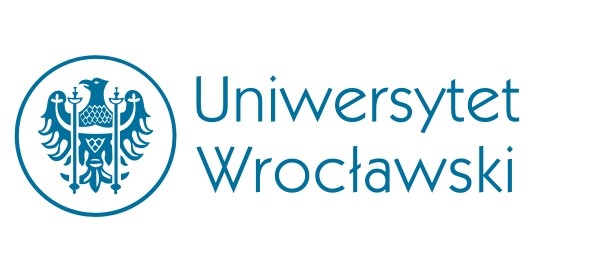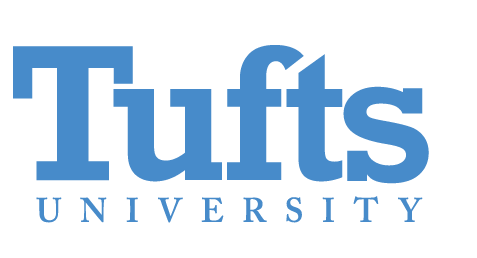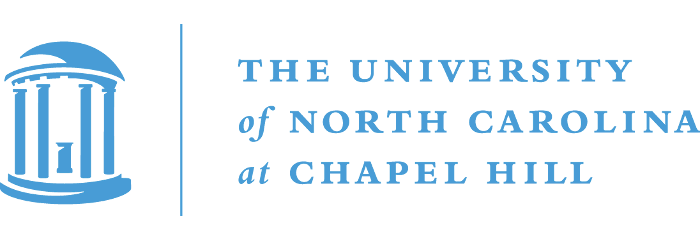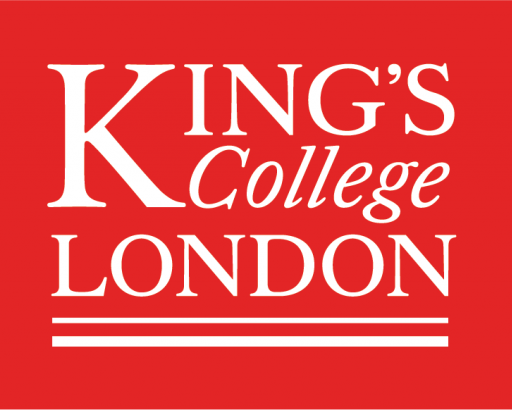Isabel Post, February 2019
The research trip in the Baltics gave me a new perspective on the politics of memory and commemoration. Learning on-site about the historical legacy of occupation and the political ramifications of co-existing societies in modern-day Riga, Tallinn, and Narva was an invaluable experience.
As a student, I have focused most of my studies on post-Communist Europe and Central Asia, but I knew relatively little about the Baltics. In Estonia and Latvia, I began to appreciate the unique history and politics of the region and that which differentiates these countries from the rest of the post-Soviet world. Furthermore, it was fascinating to discuss with experts the modern-day challenges of integration and the details of the social and linguistic divisions that exist between ethnic Russians and Estonians or Latvians. I appreciated most that we visited the Museum of Occupation of both Tallinn and Riga, giving us the opportunity to compare how public memory of Nazi and Soviet control is maintained in different countries and political contexts. Seeing Riga’s World War Two memorial and the Bronze Soldier monument in Tallinn was a similar exercise in comparison.
I was lucky enough to use my time in Narva to shoot a short documentary which I screened for a course at McGill university. The documentary includes sound excerpts from a lecture we attended given by Kristina Kallas at the university of Tartu. Meeting with Dr. Kallas was another highlight of the trip, especially given our timely meeting only weeks before national elections in which her party campaigned.
But apart from the topical knowledge gained, the trip was fantastic because of the opportunity I had to meet and network with other scholars interested in the politics and history of Eastern Europe. I met students and researchers from around the world as well as from other universities in my home city, and it was great to build connections in this field. Additionally, I’ll start a master’s degree at the University of Glasgow, a BEAR Network partner university, in Fall 2019. Thus, it was excellent to meet students and faculty from that university beforehand.
I am so thankful to the BEAR Network and the Erasmus program for this opportunity.





